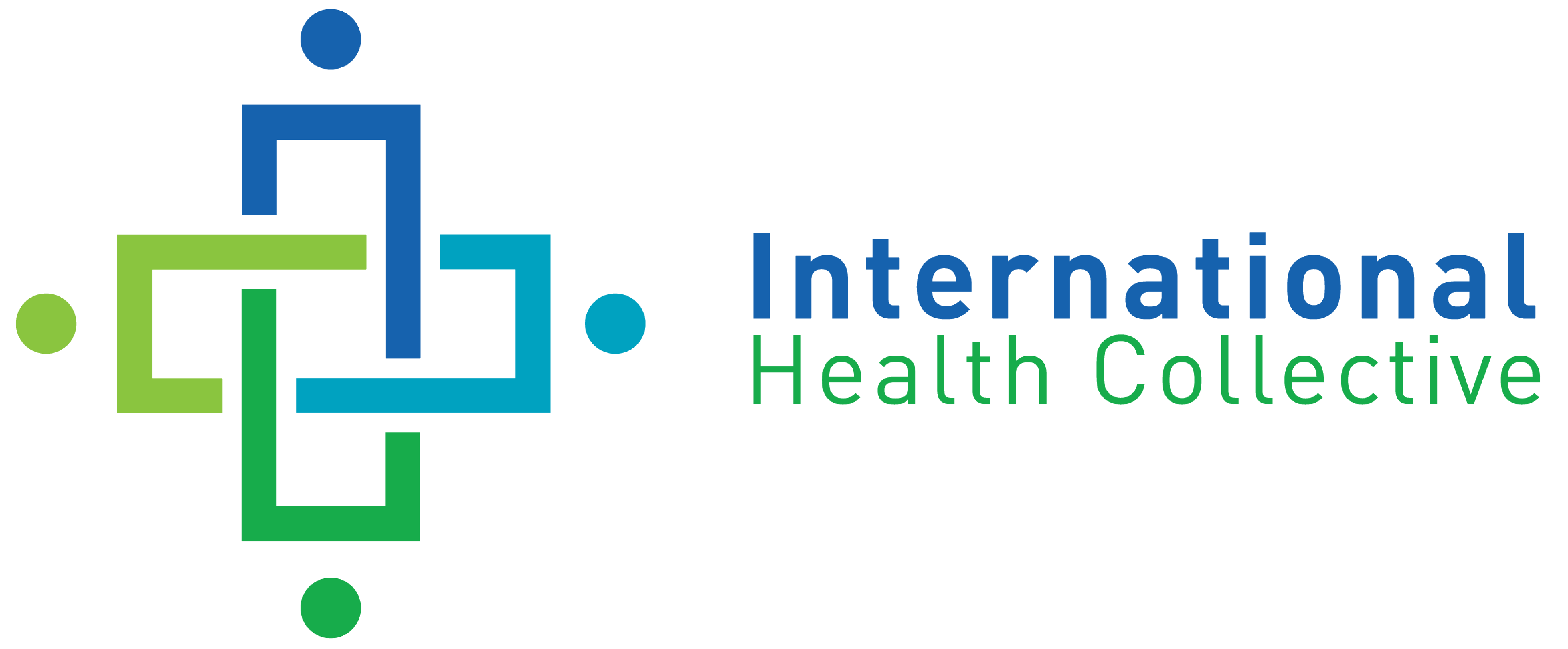We are a newly established organization operating under the IHC nonprofit umbrella, comprised of community members including UCSD students and non-student volunteers. Our initiative is focused on offering support and nonjudgmental assistance to individuals navigating substance use within the San Diego community. Through our services, we aim to provide life saving overdose reversal drugs (naloxone), safer injecting and smoking supplies, and referrals to healthcare and social services. Our goal is to reduce the spread of preventable infections and incidences of fatal overdoses in our community through our weekly outreach. We welcome everyone to become a volunteer and to reach out to us for services using the email below.
Harm reduction is a set of practical strategies and ideas aimed at reducing the negative consequences associated with drug use. Harm reduction is also a movement for social justice built on a belief in, and a respect for, the rights of people who use drugs
-National Harm Reduction Coalition
Outreach is a great way to get even more involved in Harm Reduction practices. Every Saturday, volunteers along with a trained Team Lead go out in groups in the local community to administer healthcare supplies and safer smoking kits to those in need. Want more info? Talk to one of the PM’s or med students, we’d love to answer any of your questions. Sign up for Outreach by reaching out to us!
1.) Accepts that druge use is a part of our world and chooses to work to minimize its harmful effects rather than simply ignore or condemn them
2.) Understands drug use as a multifaceted phenomenon that encompasses a continuum of behaviors, some of which are safer than others
3.) Established quality of life and well-being, not necessarily the cessation of drug use, as the criteria for successful interventions
4.) Calls for non0judgmental, non-coercive provision of services and resources
5.)Ensures that people who use drugs and those with the history of drug use have a voice in the creation of programs and policies designed to serve them
6.) Affirms people who use drugs themselves as the primary agents of reducing the harms of their drug use and empowers them to support each other
7.) Recognizes the realities of poverty, class, racism, social isolation, gender-based discrimination, and other social inequalities affect people’s vulnerability and capacity to respond to drug harm
8.) Does not minimize or ignore the real tragic harm associated with drug use
